
Chapter 7
Challenges and Hurdles
Lack of Clear Legal Framework and Vulnerability to Corruption
Prop firms face various challenges when implementing the business model. First, the absence of definitive laws to guide operations in the industry leaves firms at the mercy of greedy authorities. Some authorities may ask for kickbacks to facilitate the firms' activities. Established laws and regulations spell out the licensing process and the limits within which firms should operate. The absence of rules leaves a gray area for unscrupulous actors to thrive, hampering the prop trading business.

Exposure to Fraudulent Prop Firms and Reputation Damage
Second, the absence of definitive laws and regulations regarding prop trading implies the ecosystem is vulnerable to fraudulent prop firms. Such firms exploit existing gaps in the law to exploit unsuspecting traders, further soiling the collective reputation of the industry.
Restrictions and Limited Market Expansion Opportunities
Third, the lack of a global framework within which prop firms should operate means that many countries prohibit business in their jurisdictions. Without the clarity that comes with regulations, prop firms cannot expand their market because of unnecessary restrictions.

Competitive Pressure and Diluted Evaluation Process
Fourth, increased competition puts downward pressure on evaluation fees and the rigor of the evaluation process. Some firms implement loose evaluation rules, netting many traders at the expense of serious business. The problem is that traders are likely to be shortchanged by the less stringent prop firms, discouraging interest in the industry.
You have completed chapter 7 of 10. Please answer the question below to continue to the next chapter.
I prefer to continue without answering

Ready to get funded?
Check out FX2 Funding's selection of the industry's simplest, most straightforward funded account programs.
Get Funded